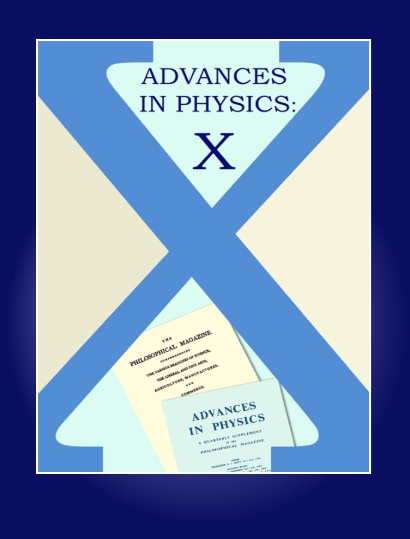Quantum machine learning: from physics to software engineering
IF 10.8
2区 物理与天体物理
Q1 PHYSICS, MULTIDISCIPLINARY
引用次数: 22
Abstract
Quantum machine learning is a rapidly growing field at the intersection of quantum technology and artificial intelligence. This review provides a two-fold overview of several key approaches that can offer advancements in both the development of quantum technologies and the power of artificial intelligence. Among these approaches are quantum-enhanced algorithms, which apply quantum software engineering to classical information processing to improve keystone machine learning solutions. In this context, we explore the capability of hybrid quantum-classical neural networks to improve model generalization and increase accuracy while reducing computational resources. We also illustrate how machine learning can be used both to mitigate the effects of errors on presently available noisy intermediate-scale quantum devices, and to understand quantum advantage via an automatic study of quantum walk processes on graphs. In addition, we review how quantum hardware can be enhanced by applying machine learning to fundamental and applied physics problems as well as quantum tomography and photonics. We aim to demonstrate how concepts in physics can be translated into practical engineering of machine learning solutions using quantum software.量子机器学习:从物理学到软件工程
量子机器学习是量子技术和人工智能交叉的一个快速发展的领域。这篇综述对几种关键方法进行了双重概述,这些方法可以在量子技术的发展和人工智能的力量方面取得进展。这些方法包括量子增强算法,它将量子软件工程应用于经典信息处理,以改进关键的机器学习解决方案。在这种背景下,我们探索了混合量子经典神经网络在减少计算资源的同时提高模型泛化能力和准确性的能力。我们还说明了如何使用机器学习来减轻误差对目前可用的有噪声的中等规模量子设备的影响,并通过图上量子行走过程的自动研究来理解量子优势。此外,我们还回顾了如何通过将机器学习应用于基础和应用物理问题以及量子断层扫描和光子学来增强量子硬件。我们旨在展示如何使用量子软件将物理学中的概念转化为机器学习解决方案的实际工程。
本文章由计算机程序翻译,如有差异,请以英文原文为准。
求助全文
约1分钟内获得全文
求助全文
来源期刊

Advances in Physics: X
Physics and Astronomy-General Physics and Astronomy
CiteScore
13.60
自引率
0.00%
发文量
37
审稿时长
13 weeks
期刊介绍:
Advances in Physics: X is a fully open-access journal that promotes the centrality of physics and physical measurement to modern science and technology. Advances in Physics: X aims to demonstrate the interconnectivity of physics, meaning the intellectual relationships that exist between one branch of physics and another, as well as the influence of physics across (hence the “X”) traditional boundaries into other disciplines including:
Chemistry
Materials Science
Engineering
Biology
Medicine
 求助内容:
求助内容: 应助结果提醒方式:
应助结果提醒方式:


